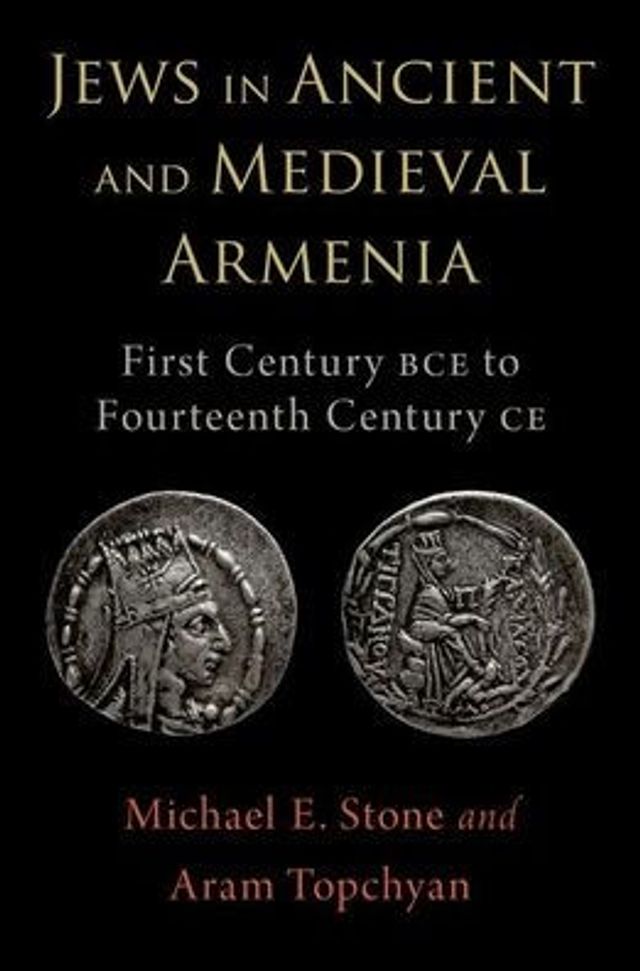Home
The Nature of Classical Collecting: Collectors and Collections, 100 BCE - CE
Barnes and Noble
The Nature of Classical Collecting: Collectors and Collections, 100 BCE - CE
Current price: $180.00


Barnes and Noble
The Nature of Classical Collecting: Collectors and Collections, 100 BCE - CE
Current price: $180.00
Size: Hardcover
Loading Inventory...
*Product information may vary - to confirm product availability, pricing, shipping and return information please contact Barnes and Noble
The phenomenon of collecting as a systematic activity undertaken for symbolic rather than actual needs, is traditionally taken to originate in the middle of the fifteenth century, when the first cabinets of curiosities appear in Italy. Yet it is clear that the practice of collecting started long before that, indeed its origins can be traced back thousands of years to European prehistoric communities. Whilst this early genesis is, due to lack of written records, still shrouded in much mystery, The Nature of Classical Collecting argues that the collecting practices of classical Greece and Rome offer a rich tapestry of experiences which can be reconstructed to illuminate a pivotal period in the long and ever developing phenomenon of collecting. Utilizing a wide variety of examples of classical collections - including grave goods, the accumulations of Greek temples and open-air shrines, the royal collections of Hellenistic kings, Roman art and curiosity collections, and relics - The Nature of Classical Collecting focuses on the field of the 'pre-history' of collecting, a neglected yet critical phase that helped crystallize the western concept of collecting. Drawing primarily on Latin writings from the period 100 BCE to 100 CE it shows how collecting underwent a transition from a religious and political activity, to an intellectual practice in which connoisseurship could impart social status. It also demonstrates how the appreciation of objects and artists changed as new qualities were attributed to material culture, resulting in the establishment of art markets, patronage and an interest in the history of art. By exploring these early developments, The Nature of Classical Collecting not only provides a fascinating insight into the culture of late Hellenistic/early Imperial Roman collecting, but also offers a much fuller grounding for understanding the influences and inspirations of those Renaissance collectors who themselves were to have such a profound influence on the course of European art, architecture and culture.


















